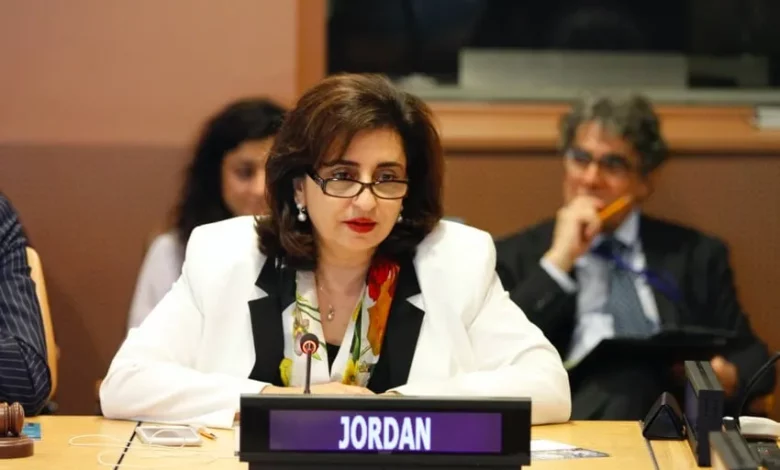
United Nations (UN) Women Executive Director, Sima Bahous, on Wednesday regretted the retrogression in women’s political participation and the rise in sexual violence in Somalia.
Women’s political participation and leadership is a pre-requisite for more inclusive societies, for finding solutions to lasting peace and achieving sustainable development.
Security Council members have raised the importance of the 30 per cent quota for women politicians and new legislation on sexual violence, she said.
Yet, the quota in Somalia was not met, women’s representation fell, sexual violence increased, and the Sexual Offences Bill adopted unanimously by the Council of Ministers five years ago has still not been passed by Parliament.
Instead, its opponents are pushing for alternative legislation that would legalise child marriage, omit the age of consent, reduce the types of admissible evidence, and take away the rights of survivors, she told the Security Council in a briefing.
In the 2016 elections, women’s representation had jumped from 14 per cent to 24 per cent, and there was a commitment to reach 30 per cent in the next elections. Instead, the number of women in both chambers declined from 80 to 67.
The decline in women’s representation is not limited to the results of the last election. Only 13 per cent of current members of the Cabinet are women, despite advocacy efforts during government formation talks, she said.
Conversely, rates of sexual violence have registered an alarming increase since 2020. They doubled then, compared with 2019. And they have continued to rise as the worst drought in many decades is having a devastating impact on all Somalis, and women and girls are disproportionately impacted.
CARE International recently found a 200 per cent increase in gender-based violence cases among people displaced by the drought compared with the previous year.
In UN Women’s recent assessment of the impact of the drought, it found that women take on increased economic burdens, skip meals, find themselves separated from or abandoned by their husbands, and are more vulnerable to sexual assault as they travel longer distances to fetch water and firewood. -Xinhua






